Dengue fever is now becoming unpredictable
According to the Ministry of Health , in the first 5 months of 2025, the country recorded 22,974 cases of dengue fever and 5 deaths in many provinces and cities. This number shows that the risk of epidemics still exists, especially the risk of "overlapping epidemics" when cases of dengue fever, hand, foot and mouth disease and Covid-19 increase locally in some localities.
At the end of May, the Ministry of Health issued an urgent dispatch requesting increased direction, supervision and communication to reduce deaths from dengue fever.
If previously, Dengue fever was often known for its outbreak cycle of about every 5 years with distinct lulls, now the epidemic has had alarming changes, is no longer seasonal and spreads geographically.
Information about the unpredictable changes in the dengue fever situation, the burdens and risks that this disease can cause were shared by experts at a recent online discussion, organized by the Health and Life Newspaper - the mouthpiece of the Ministry of Health, in coordination with Takeda Pharmaceutical Vietnam Co., Ltd. - a unit that is making many efforts to accompany the health sector to raise public awareness of dengue fever, with the theme: "Towards a Vietnam with no deaths due to dengue fever: Working together to prevent the disease with integrated solutions".
Guests at the panel discussion.
At the seminar, MSc. Dr. Vo Hai Son, Deputy Director of the Department of Disease Prevention, Ministry of Health said: "Previously, the number of high cases had a cycle of about 5 years, but now it has changed, about a cycle of 2 years, there are high cases". He further explained that urbanization, migration or easier travel between regions have also created conditions for dengue fever to spread and become more difficult to control.
Associate Professor, Dr. Pham Quang Thai, Deputy Head of the Department of Infectious Disease Control, National Institute of Hygiene and Epidemiology, said that from an epidemiological perspective, dengue fever has now spread to all provinces and cities, including mountainous areas that previously recorded very few cases. This development requires each citizen to be more proactive in responding to the epidemic.
Subjectivity and wrong handling lead to unfortunate consequences
Although general awareness of dengue fever has been raised, according to experts, a large number of people are still subjective and handle the disease incorrectly, leading to late hospitalization, severe disease progression and even death.
Associate Professor, Dr. Do Duy Cuong, Director of the Institute of Tropical Medicine, Bach Mai Hospital, shared about common mistakes: people with fever may think of other diseases such as flu; in fact, there are cases with no obvious symptoms, coming to the hospital late when they are already in shock and multiple organ failure.
Confusion about symptoms causes many people to self-treat at home, skipping the golden period for intervention, and facing unpredictable risks (Photo: Shutterstock).
A typical example shared by Associate Professor, Doctor Do Duy Cuong is the case of a male student who moved from the countryside to Hanoi to stay. Due to limited living conditions, when he had a fever, the patient only rested in his room and ate and drank sparingly. By the 5th day of hospitalization, his condition had worsened, the patient was showing signs of shock and his blood was thick.
Besides, dengue fever is caused by a virus and there is no specific treatment. Using antibiotics, corticosteroids or intravenous fluids without a doctor's prescription is a serious mistake, making the condition worse.
Comprehensive cooperation towards zero deaths from dengue fever
To cope with the increasingly complex dengue epidemic situation, reduce deaths and control the epidemic effectively, experts emphasize the need for a comprehensive strategy, including: vector control, epidemiological surveillance, early warning, communication to change behavior and strengthening the health system capacity. In which, vaccination - a new solution approved by WHO, is part of the overall solution, helping to proactively prevent and reduce the risk of severe disease.
Sharing at the seminar, MSc. Dr. Vo Hai Son, Deputy Director of the Department of Disease Prevention, Ministry of Health, emphasized the importance of controlling disease vectors, along with the initiative of each individual.
“Social measures, along with the initiative of each locality, residential group and each family, will help people clearly understand the risk of disease and death from dengue fever. From there, we will coordinate with the health sector to destroy larvae, pupae, and mosquitoes, through sleeping under mosquito nets and using mosquito killing devices. These are favorable factors to help strengthen the control of epidemics and disease vectors,” he said.
In addition to the vector control solution, Associate Professor, Dr. Pham Quang Thai also pointed out the unpredictable challenges in the urban environment: “Some people say that my house is on the 30th floor, I don’t see mosquitoes so I won’t get sick. Don’t think that there are no mosquitoes on the 30th floor. In fact, mosquitoes are very smart, they don’t fly from the 1st floor to the 30th floor but will fly in steps, flying to each floor and gradually laying eggs. After a while, even the highest floor of the apartment building will have mosquitoes.”
High-rise apartment buildings are not a “safe zone” for dengue fever. Mosquitoes still breed and spread the disease if not strictly controlled (Photo: Shutterstock).
From the perspective of a business that is accompanying the Vietnamese healthcare system, Mr. Benjamin Ping, General Director of Takeda Vietnam, affirmed: “We recognize that multi-sectoral cooperation plays a key role, because no single unit or organization can effectively control dengue fever alone.”
Mr. Benjamin also pointed out the need for cooperation between the Government, the health sector, businesses and the community. At the same time, he also said that Takeda is committed to contributing to the common effort by improving the capacity of medical staff, communicating with the community and ensuring access to vaccination as an integral part of the disease control strategy.
In addition, the role of health education communication is indispensable. It is necessary to deploy diverse, official and continuous campaigns to raise public awareness to help people understand the disease correctly, recognize early symptoms, avoid subjectivity and seek timely medical care. Along with that, vaccination is also considered one of the proactive prevention solutions, contributing to reducing the number of severe cases and deaths due to dengue fever.
WHO is also recommending the use of Takeda’s dengue vaccine for certain populations in high-transmission, high-burden countries. The vaccine has been approved in 40 countries, with more than 15 million doses distributed globally.
Content provided by Takeda Pharmaceutical Vietnam Co., Ltd., professionally approved by the Vietnam Preventive Medicine Association, to raise public awareness.
Medical information:
This content is for informational purposes only; it is not intended to diagnose or treat a health problem or disease; and it is not intended to be a substitute for consulting a physician. Consult your physician for further advice.
C-ANPROM/VN/NON/0033
Source: https://dantri.com.vn/suc-khoe/muc-do-nguy-hiem-kho-luong-cua-sot-xuat-huyet-20250625230323374.htm




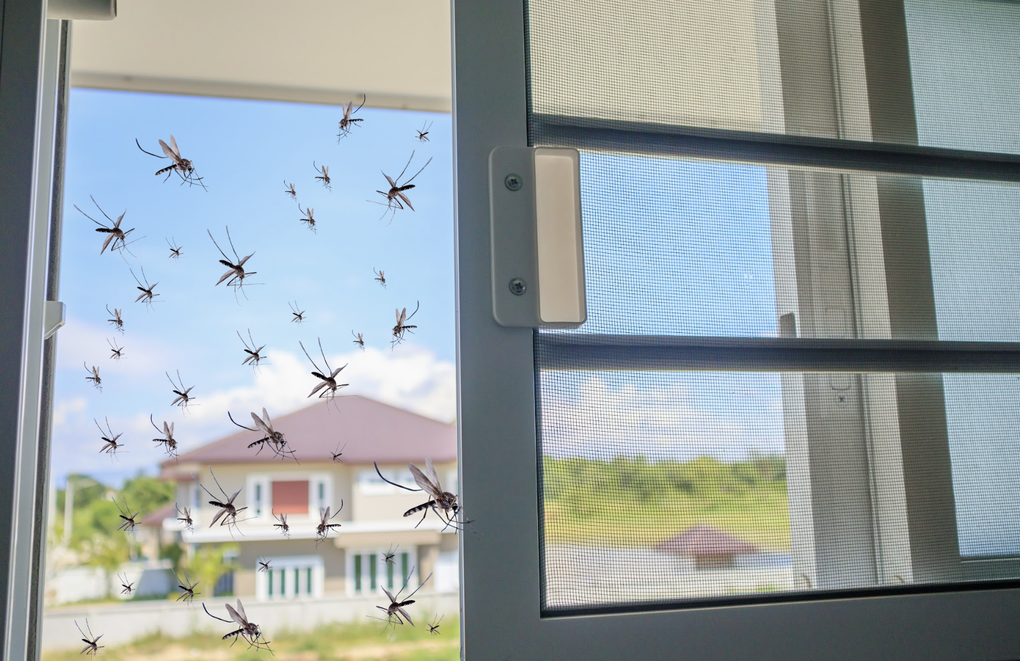

![[Photo] Prime Minister Pham Minh Chinh meets with representatives of outstanding teachers](https://vphoto.vietnam.vn/thumb/1200x675/vietnam/resource/IMAGE/2025/11/15/1763215934276_dsc-0578-jpg.webp)

![[Photo] Panorama of the 2025 Community Action Awards Final Round](https://vphoto.vietnam.vn/thumb/1200x675/vietnam/resource/IMAGE/2025/11/15/1763206932975_chi-7868-jpg.webp)

![[Photo] General Secretary To Lam receives Vice President of Luxshare-ICT Group (China)](https://vphoto.vietnam.vn/thumb/1200x675/vietnam/resource/IMAGE/2025/11/15/1763211137119_a1-bnd-7809-8939-jpg.webp)
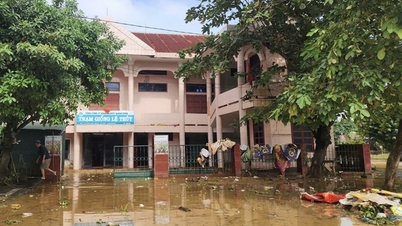

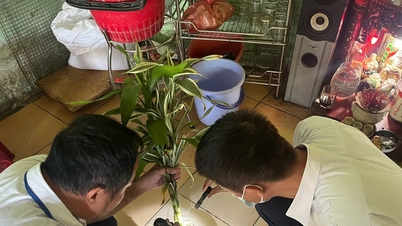





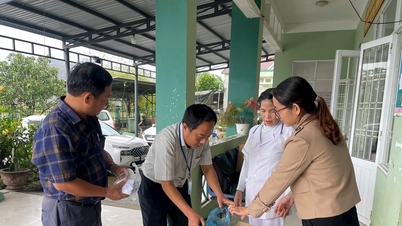
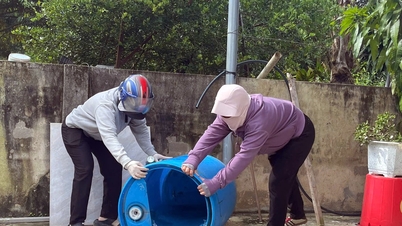






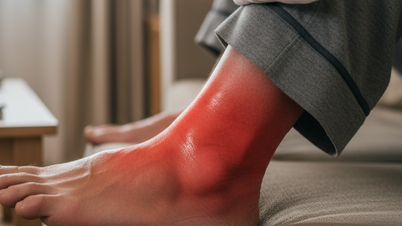
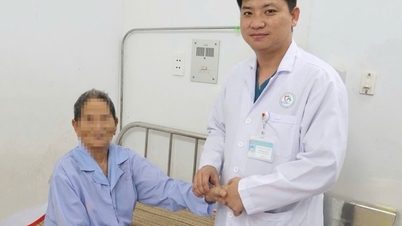
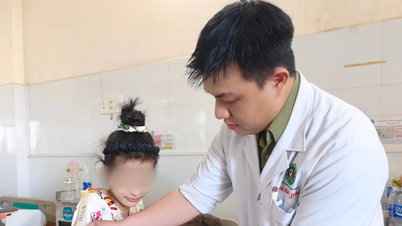





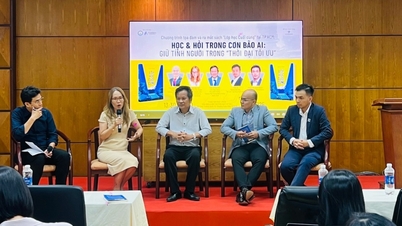

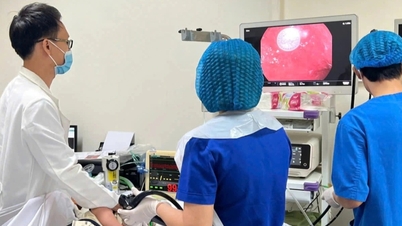












































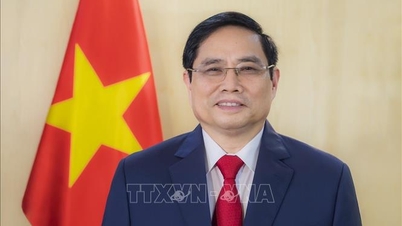






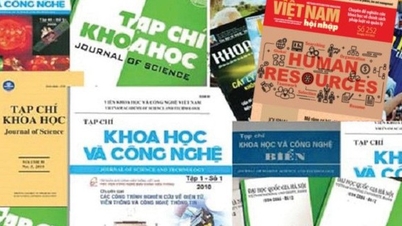
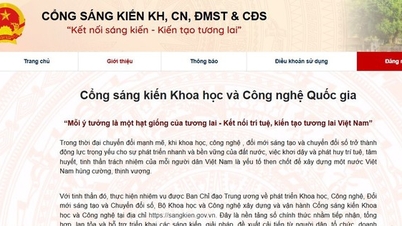







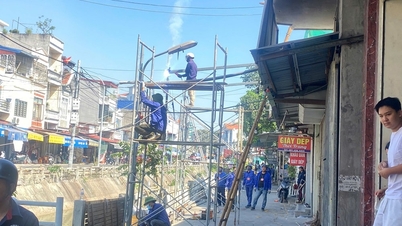












Comment (0)